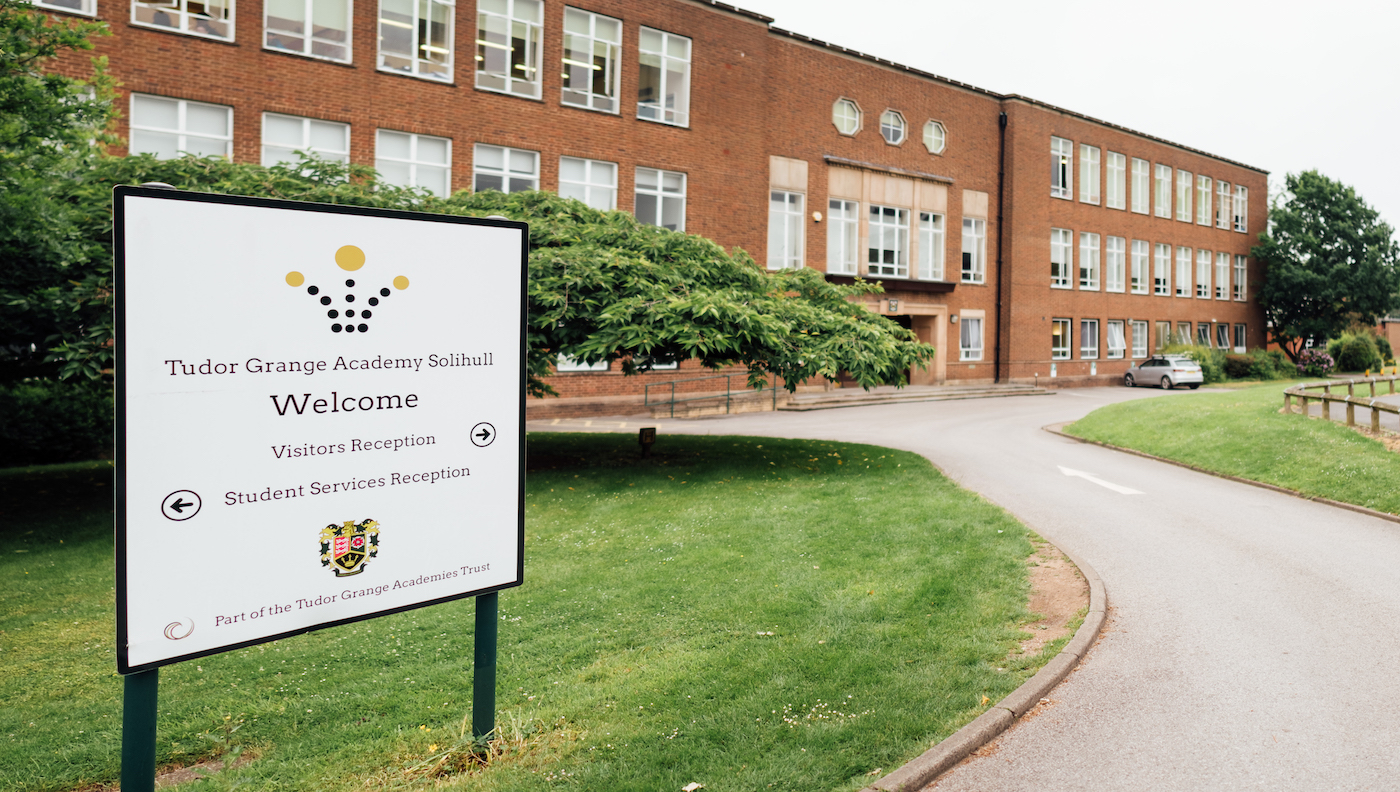Geography

What can I do with this subject?
Geography is the study of the physical features of the earth and its atmosphere, and of human activity as it affects and is affected by these, including the distribution of populations and resources and political and economic activities. This statement demonstrates the importance and vastness of the subject, and this knowledge is imperative in learning about the world around you.
Geography is obviously an essential subject if you wish to study it as part of your further education. However, Geography is equally as valuable as it provides you with an option to undertake a multitude of different careers as it can be seen as an arts subject of science subject at degree level! Throughout the 2-year course, you will see a crossover with a variety of subjects including Biology and Maths to Economics and Sociology.
What specification is taught?
AQA A-Level Geography
What will I be covering in Year 12?
You will have two class teachers for your Geography studies, one who specialises in Physical Geography and the other who specialises in Human Geography. These topics will run parallel with one another, with opportunities for synoptic links between them.
| Physical Geography | Human Geography |
| Coastal Systems and Landscapes– Focuses on coastal zones, which are dynamic environments in which landscapes develop by the interaction of winds, waves, currents, and terrestrial and marine sediments. | Contemporary Urban Environments– Focuses on urban growth and change which are seemingly universal processes and present significant environmental and social challenges for human populations, from sustainability to social cohesion. |
| Water and Carbon Cycles Focuses on the major stores of water and carbon at or near the Earth’s surface and the cyclical relationships associated with them. Think about the impacts that we are having on the amount of CO2 in our atmosphere and what impact this could have on global water! | Changing Places– Focuses on people’s engagement with places, their experience of them and the qualities they ascribe to them, all of which are of fundamental importance in their lives. |
What will I be covering in Year 13?
| Physical Geography | Human Geography |
| Hazards– Focuses on the lithosphere and the atmosphere, which intermittently but regularly present natural hazards to human populations, often in dramatic and sometimes catastrophic fashion. | Global Systems and Global Governance– Focuses on globalisation – the economic, political, and social changes associated with technological and other driving forces which have been a key feature of global economy and society in recent decades. The increased interdependence and relationships between people, states and environments have prompted more or less successful attempts to manage and govern some aspects of human affairs at a global level. |
| Non-Examined Assessment | |
What is included in the Geography Fieldwork Investigation?
This unit requires far more independence from students as they will be asked to carry out their own in-depth investigation into a topic of their choosing. Students will have the opportunity to experience a residential fieldtrip to collect data to support various stages. Key aspects of the investigation include a literature review, whereby students will summarise theory surrounding their question; data analysis, where students will utilise statistical analysis to assess how accurate their personal data is to that mentioned in the aforementioned literature review; and finally, an evaluation, where students will reflect on the reliability and validity of their investigation.
How will I be assessed?
- Unit 1: Physical Geography (2-hour 30-minute exam- 40% of A level)
- Unit 2: Human Geography (2-hour 30-minute exam- 40% of A level)
- Unit 3: Geography Fieldwork Investigation (Written report- 20% of A level)
Specific entry requirements for this course
Students must achieve a grade 6 at GCSE Geography.